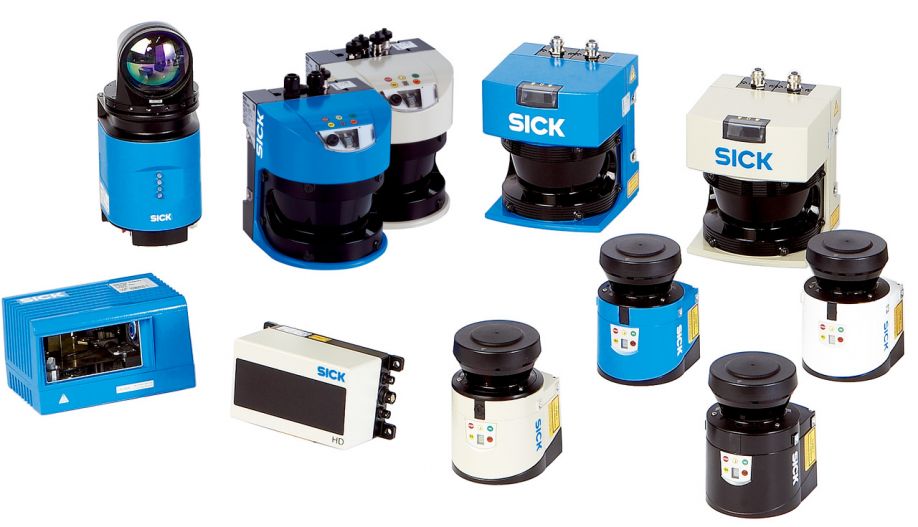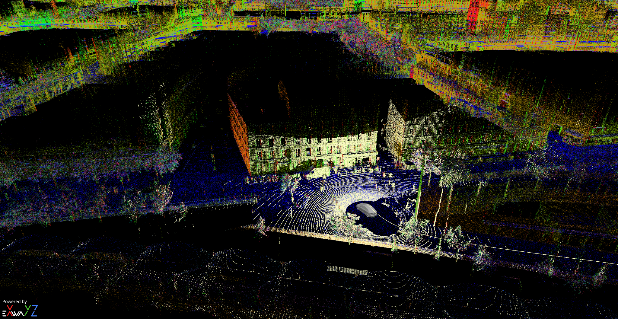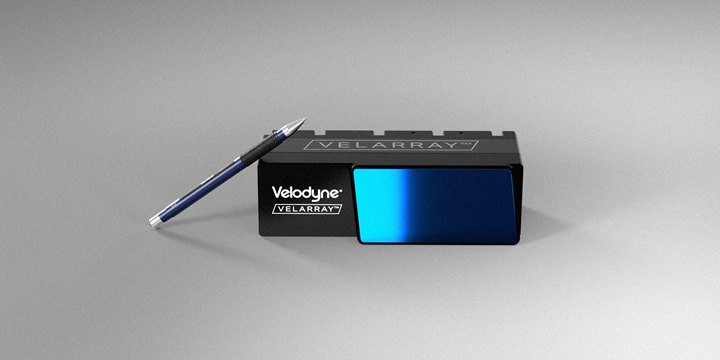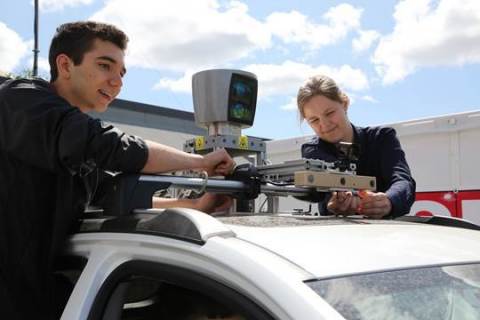What Are The Differences Between Safe LiDAR and LiDAR?
One of the key elements to consider when selecting LiDAR technology is whether you need safe LiDAR or LiDAR. But what makes LiDAR safe? And when do you need a safety-rated device? Well, look no further, we've got the answers for you right here!
A Guide to Selecting the Right LiDAR Sensors
With an array of LiDAR sensors available in the market, featuring different capabilities and specifications, picking the right one for a specific application can get overwhelming.
CES 2023: Exwayz to showcase the 1st plug and play software that will guide 100 million autonomous robots
This all-in-one, agnostic, and powerful software is capable of computing the position and orientation of a mobile robot through 3D data processing, in real time!
Velodyne Lidar Signs Multi-Year Agreement with Stanley Robotics
The sensors provide real-time 3D perception data for localization, mapping, object classification and object tracking. Velodyne's power-efficient sensors support Stan robots in a wide range of challenging environmental conditions.
Understanding The Opportunities for AI-Cameras and LiDARs for Smart Road Infrastructure
With advancements in artificial intelligence (AI) and 5G network connectivity, smart-road infrastructure technology offers the promise of being added to many different roads, bridges, and other transit systems across the U.S.
Advancing AMR's with LIDAR
Advanced 3D lidar sensors emit pulsed light waves into the surrounding environment. These pulses bounce off surrounding objects and return to the sensor. The sensor uses the time it took for each pulse to return to the sensor to calculate the distance it traveled.
Robots Continue to Drive Innovation in Modern Transportation
Modern transportation wouldn't be the same without robots, and the future will only serve to solidify this. Here's how robots are pushing the transportation industry forward and where they could go from here.
Velodyne Lidar Unveils Breakthrough Solid State Sensor for Advanced Driver Assistance Systems (ADAS) and Autonomy
Available in Affordable Mass Quantities, Velarray H800 is the First in a Family of Solid State Sensors to Enhance Automakers' Safety Features
Velodyne Lidar Sensors Power 3D Data Capture in New NavVis VLX Mapping System
Its compact, versatile design enables the system to map small, fragmented and narrow spaces as well as environments with many obstacles and uneven terrain.
Musashi AI Technology for Dynamic Environments
Musashi AI's technology allows integration with existing sites, retrofitting robots in to existing workplaces rather than having to invest in costly new facilities.
MARS - Mobile Arm Robot System
In response to the growing demand for improved robotic assistance in industry sectors such as retail and light industry, we created MARS, the Mobile Arm Robot System, a robot with more sophisticated autonomous navigation and inspection capabilities.
Deep Learning Enables Real-Time Imaging Around Corners
Researchers used deep learning to create a new laser-based system that can image around corners in real time. The systems might one day let self-driving cars "look" around parked cars or busy intersections.
How to Make Autonomous Driving Safe
To achieve large-scale commercialization of autonomous vehicles, a new generation of high-precision 3D environment sensing solid-state LiDAR technology products will be required to fulfill the industry's strict requirements.
LIDAR: How Smart Active Alignment Mechanisms can Reduce Manufacturing Costs
Today, tantalizing futuristic transportation applications have motivated this mushrooming industry to develop an impressive array of clever new implementations, accompanied by a wave of investment from venture capitalists, software giants, and established players ...
Velodyne Lidar Discusses the Future of Self-Driving Cars with Next-Generation Engineers
Student Engineers Participating in 3-Year AutoDrive Challenge Are Working to Invent Autonomous Vehicle Future.
Records 1 to 15 of 23
Featured Product

Elmo Motion Control - The Platinum Line, a new era in servo control
Significantly enhanced servo performance, higher EtherCAT networking precision, richer servo operation capabilities, more feedback options, and certified smart Functional Safety. Elmo's industry-leading Platinum line of servo drives provides faster and more enhanced servo performance with wider bandwidth, higher resolutions, and advanced control for better results. Platinum drives offer precise EtherCAT networking, faster cycling, high synchronization, negligible jitters, and near-zero latency. They are fully synchronized to the servo loops and feature-rich feedback support, up to three feedbacks simultaneously (with two absolute encoders working simultaneously). The Platinum Line includes one of the world's smallest Functional Safety, and FSoE-certified servo drives with unique SIL capabilities.







.jpg)







